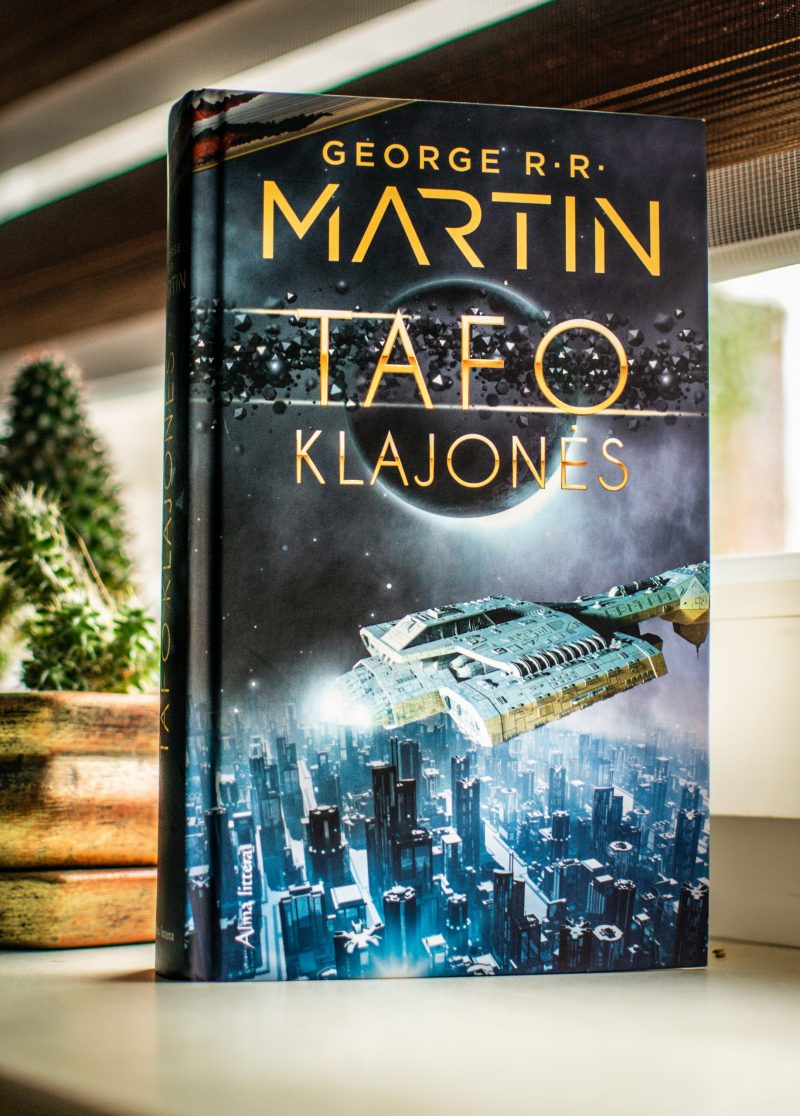He Who Kills the Dragon Book Review – Story 2/5:
One of the most important parts of any detective is the crime mystery. This thriller begins the same as thousands of others: finding a murderer and solving a crime, which seems super simple at first. Of course, things become complicated, more and more twisted. But by the end of the story, the main murder not only doesn’t make a lot of sense but feels like some random side story. There are chapters of filler, filled with characters you either don’t know or they are unimportant to the story. Because of this the story drags on and becomes hardly readable. You just want something to happen, some interesting details to be revealed, but it’s just meeting after meeting, talking about the things we read before or already know.
But the biggest sin, the sin that can’t be forgiven in a book like this, is the whole murder mystery. Not only does it contradict things established before, but in order for a story to play out like this everything has to be a super lucky coincidence or everyone has to just be stupid. I swear it actually uses the “Sorry police officer the last time I spoke to you I forgot to tell you this irrelevant detail, that actually solves the case”, and when the killer has been revealed you can only say “Wait, how the hell did they do this?”. And there is nothing more boring than a lazy murder mystery.
Recommend for the Story? – NO
He Who Kills the Dragon Book Review – Characters 2/5:
I have read a lot about how people hate these characters, and of course, there’s a good reason for that. You see most of the characters, including our main protagonist, are racists, sexists, selfish homophobes that have just a few redeemable qualities. In the beginning, it seemed like the author was going for a realistic tone. There are people like that, and when life is taught you can become as unlikable as them. Maybe showing that all these “isms” are just flaws, and they don’t determine whether you are bad or good. THAT WAS MY MISTAKE. All the racism and sexism quickly become so frequent and random, that it started to feel less of a character flaw and more like the author’s shitty thoughts about other people.
Most of the characters get a few paragraphs about them, not enough to make them feel like real important parts of the story, but just enough to create an illusion of a bigger scale. After reading the book there are hardly any characters I can remember by name or by any character trait. Our protagonist deals with his flaws at the start of the book, and there are interesting ideas about his inner struggle, but in the middle of the book, this struggle is just dropped, never to be mentioned nor having any effect on the plot.
And you honestly think that this man will be a hero, but he turns out to just be a detective that doesn’t like anyone and no one likes him. There’s no heart of gold in his chest, and by the end of the book you can’t understand or relate to him, the only wish you have is for him to shut up and do something useful… No one grows, changes or even realizes how much shit they’re doing. So trust me, neither Bakstriom nor any of his colleagues will be on your favorite list.
Recommend for the Characters? – NO
He Who Kills the Dragon Book Review – Writing style 3/5:
Maybe I’m getting old, or maybe I don’t have that much free time between jobs and family, but I started really appreciating effective storytelling. If it’s not important and doesn’t give the world or the characters more depth, then don’t put it in your book. Now that’s not always the case, but when you have a murder mystery you want to follow along and solve the case so every detail is important to you. But this story chooses to write full chapters about a random guy or some historical event that has nothing to do with the story, we don’t get any interesting leads or new info for a long time and the book starts to feel slow.
There’s some weird chapter design with gaps, probably to emphasize time passing, but in the story itself no time passes, so it just gets confusing. I remember being in the second half of the book thinking to myself “Oh, so there’s a bigger story, this will be much more than just a murder, it will be huge, and shit will hit the fan”, well NOPE, all that build up and information from other cases and other people is just pointless. The story is full of red herrings that seem to fit the killer’s profile, but most of them are just lazy coincidences, talking cryptically, or not revealing important information at the start.
But the biggest F you moment is the little book. The author has created a book with codes that our victims had, and those codes fit perfectly with these big bad guys. So you follow along because it makes sense, but it’s just another red herring, and not only that, why exactly did the codes match our bad guys? No reason, the author created this plot point and then just said: “Oh yeah this person just happened to write simple things to himself in stupid codes”… A+ job.
Recommend for the Writing style? – NO
He Who Kills the Dragon Book Review – 7/15 – Read it if you have time to waste and don’t want your story making sense.
Spoiler Field ( After you read the Book) !!!!
So they establish that the killer has to be tall and really strong in order to kill both victims, and has to be somewhat professional because there’s no evidence in both crime scenes, and can somebody please explain to me how the fuck did an older lady managed to do that? Did she secretly lift weights every fucking day? She F bends a man in 2 parts like a suitcase, how?
We are introduced to Bakstriom and his problems, drinking, eating, and not giving a shit, so he has to change. And at the start, there’s a lot of plot connected with that, but later it just disappears, no consequences for Bakstriom, no problems that affect his job, or everyone around him.
So you add a tense action scene in the middle of your book, where shit is going down and there are major consequences. And you give it a few chapters of the story, but guess what? It has nothing to do with the main mystery, so after something exciting, the characters go “Oh right we still haven’t solved the main mystery”, and after something like that the end just feels non-important, a side story, there’s no risk involved now. If you want to make a good detective story concentrate on one main case and not on 5 or 6 others, because now not one of them feels actually interesting and well developed.










